
What happens when your child knows you don’t like your job?
Complaining about work teaches our children to conform and not take action

Complaining about work teaches our children to conform and not take action
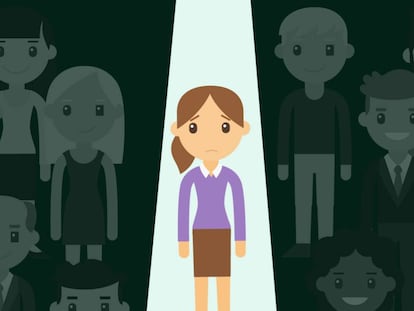
In theory, men are attracted to intelligent females, but in practice they present a threat

According to the theory, people are better looking when in a group than when they are alone
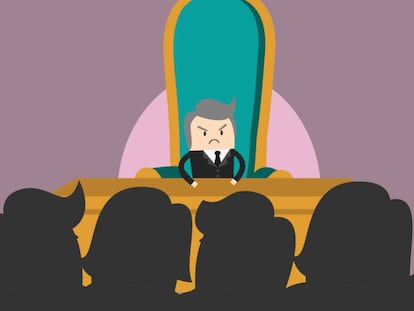
Some people change as soon as they have responsibility because they are insecure
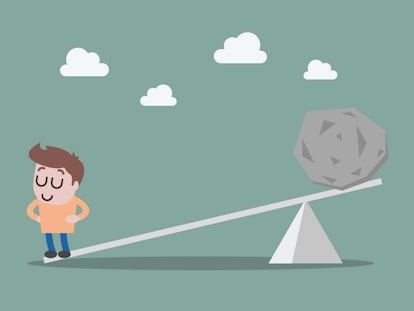
The solution is not to work really hard at it, but to do something different that will help you reach your goal

The issue arises when people don’t see what needs to transform or when they are afraid

Here are the keys to recognizing you are in a work rut and turning it into a learning experience
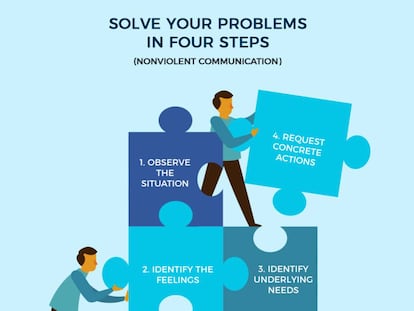
The art of nonviolent communication can save us a lot of grief when dealing with others

Unlike fear or anger, restraint does not naturally arise in the face of threats
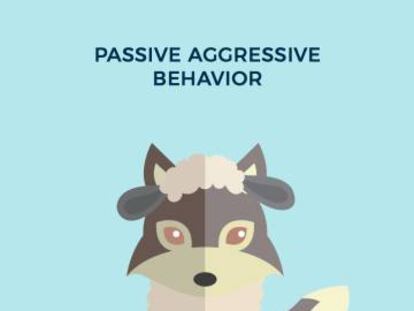
Here are some tips on how to recognize this behavior and act with serenity and efficiency
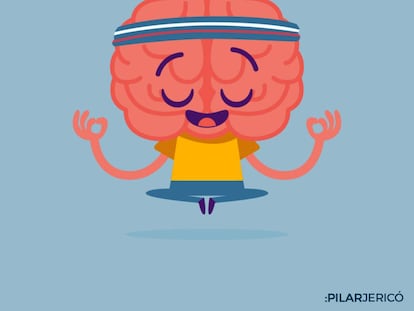
Displays of mental gymnastics are within our reach if we are prepared to train our brains

If you manage a team, you can use these points as a way to improve the atmosphere in your office

Create a system of penalties and rewards and adapt the classic “carrot and stick” approach to your everyday reality
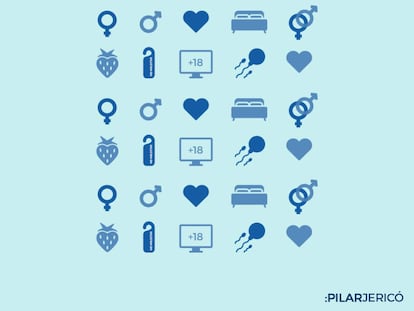
Better intercourse, greater intimacy, and more eroticism depend on our efforts, not our age

There are deep-rooted sociological reasons behind your discomfort when sharing limited spaces
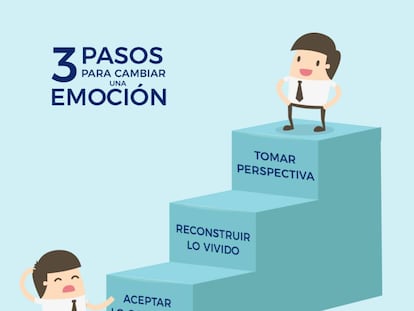
What arouses an emotion is not the fact in itself, but the interpretation that we create from it

With warmer weather and longer days hormone levels rise, but does romance come in to it?
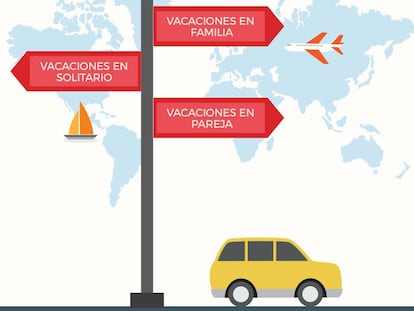
Follow the German model: time with the family, our partner, and alone if we feel like it
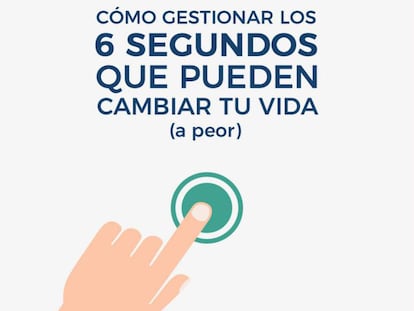
We all have buttons that can be pushed, causing an exaggerated response, but with training we can learn to control our brains
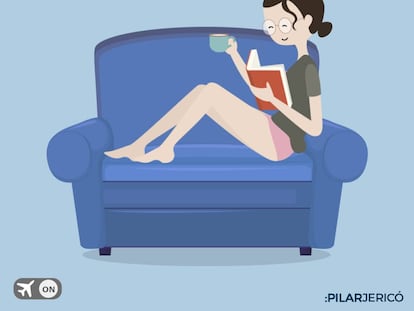
Our brains often need to be put into “flight mode” in order to be more creative

The golden 10-10-10 rule helps us to put aside our doubts
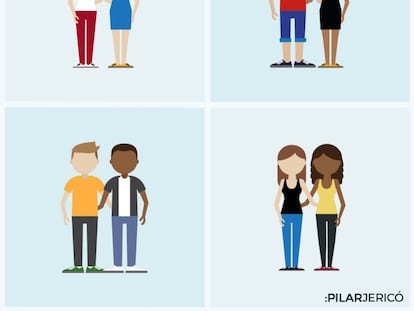
A study from the University of Rochester suggests that homophobes are in fact rejecting their own tendencies